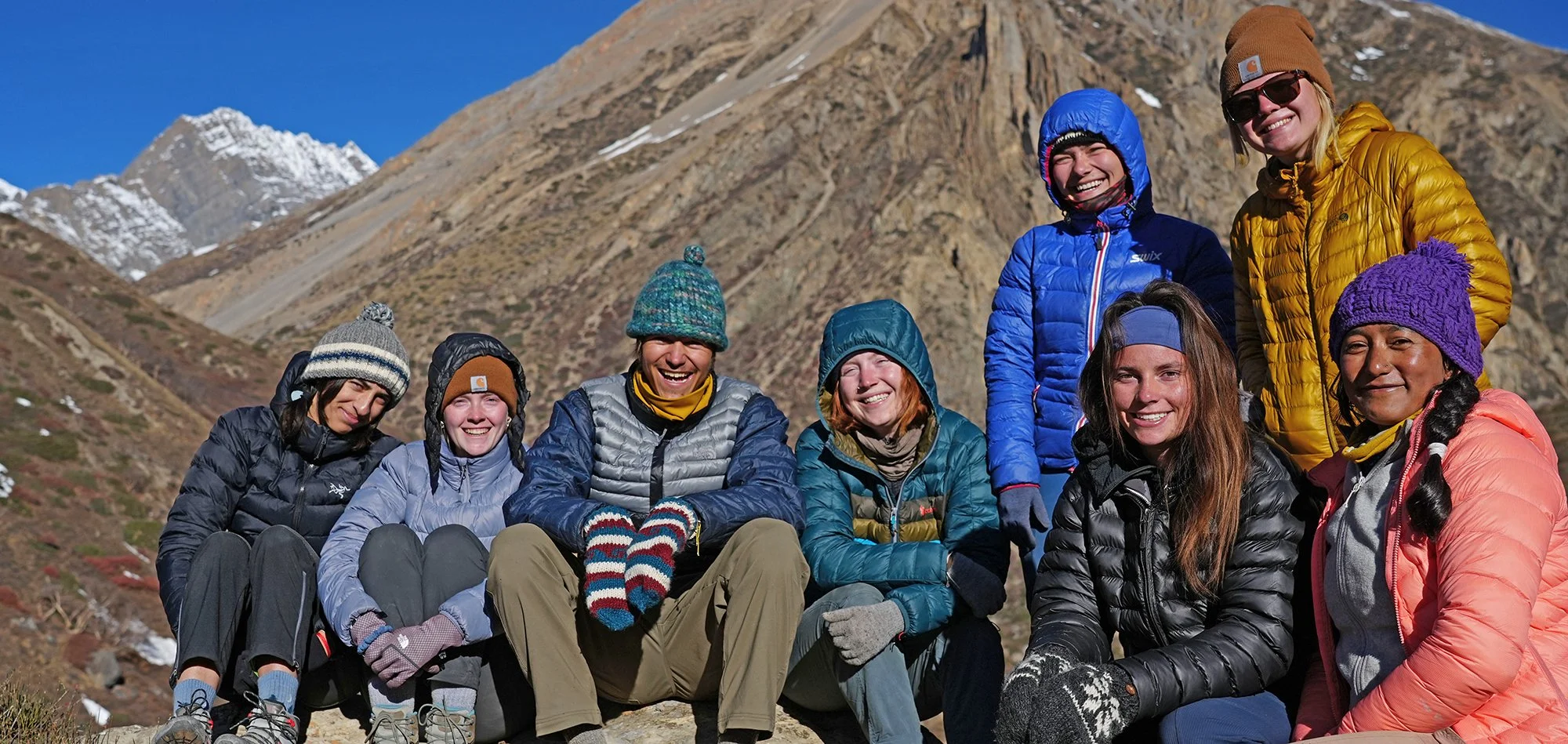All Environmental Field Programs
Thailand (Marine)
Marine Ecosystems, Reef Resiliency and Warming Oceans
15 Quarter Credits
Winter 2026
Winter 2027
Thailand (Elephant)
Human-Elephant Coexistence, Wildlife Recovery and Stewardship
15 Quarter Credits
Fall 2026
Wildlands Studies programs occur entirely in the field.
Although not taught in a classroom, there are definite academic expectations: participation in discussions and activities, readings, exams, projects and presentations. There will also undoubtedly be long days, possible inclement weather, logistical challenges, and physically demanding conditions. This comes as well with unsurpassed personal rewards. You will get the most out of the experience if you bring along flexibility, ample patience, a sense of humor, self-motivation, and perhaps most importantly, the desire to work as a team towards a common goal.


















